VIJAY PRASHAD examines why in 2018 Washington started to take an increasingly belligerent stance towards ‘near peer rivals’ – Russa and China – with far-reaching geopolitical effects
Peace and progress in Colombia is for peace worldwide
MICAELA TRACEY-RAMOS reports back from a trade union delegation to Colombia, on the difficulties facing the Petro government in maintaining the peace agenda, and how the business-oriented opposition obstructs pro-worker reforms passing into law
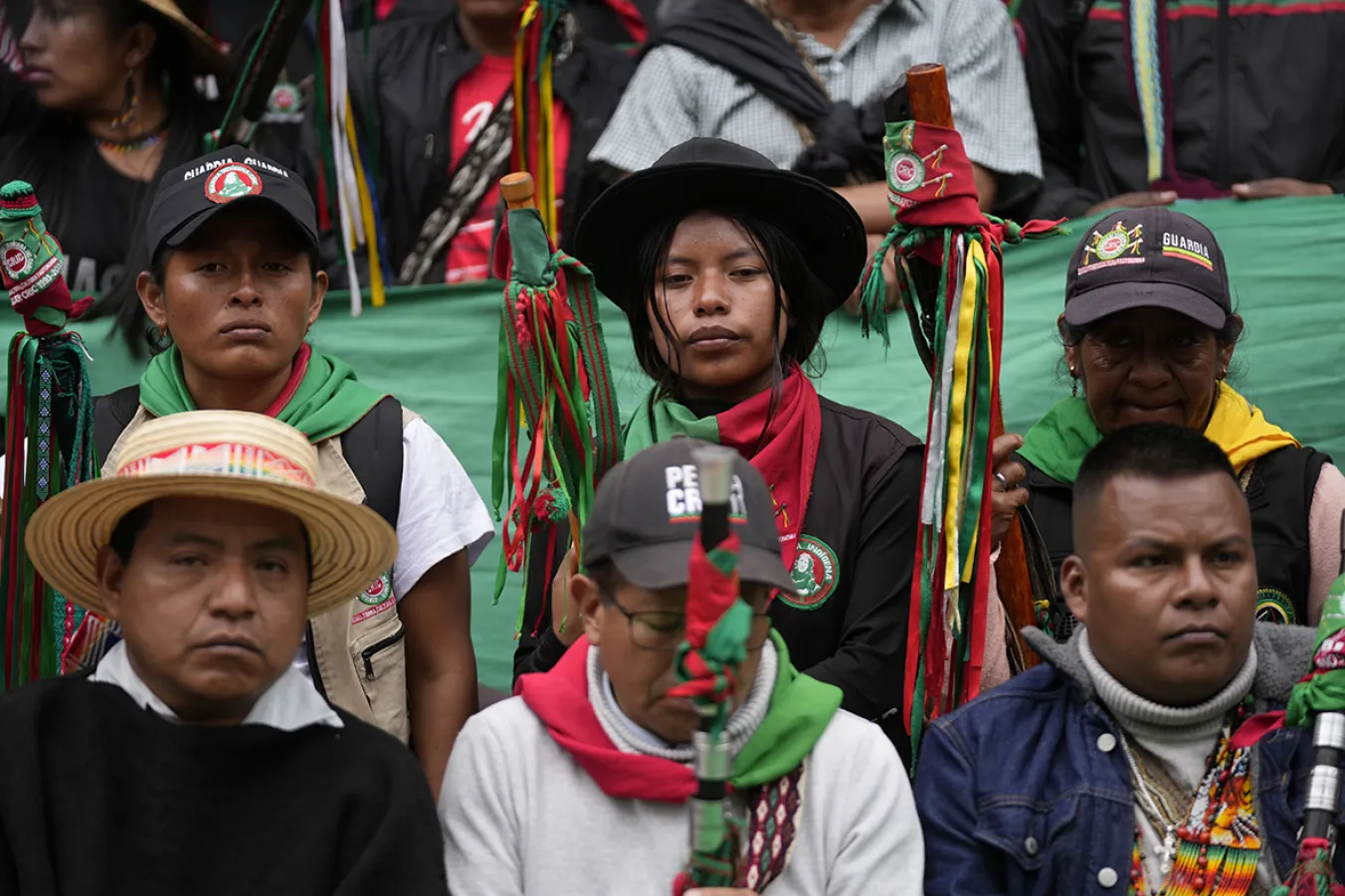
IN JULY, as a Unison member, I took part in a trade union delegation to Colombia organised by the campaign organisation, Justice for Colombia (JFC). The aim was to develop understanding and campaigning on issues around peace, trade union rights, human rights, and social justice in Colombia.
The delegation of seven trade unionists continued longstanding work undertaken in the north-west England region, where JFC North West hosts regular events in solidarity with Colombia.
Colombia has a complicated political history, as decades of armed conflict resulted in one of the world’s longest-running civil wars.
More from this author
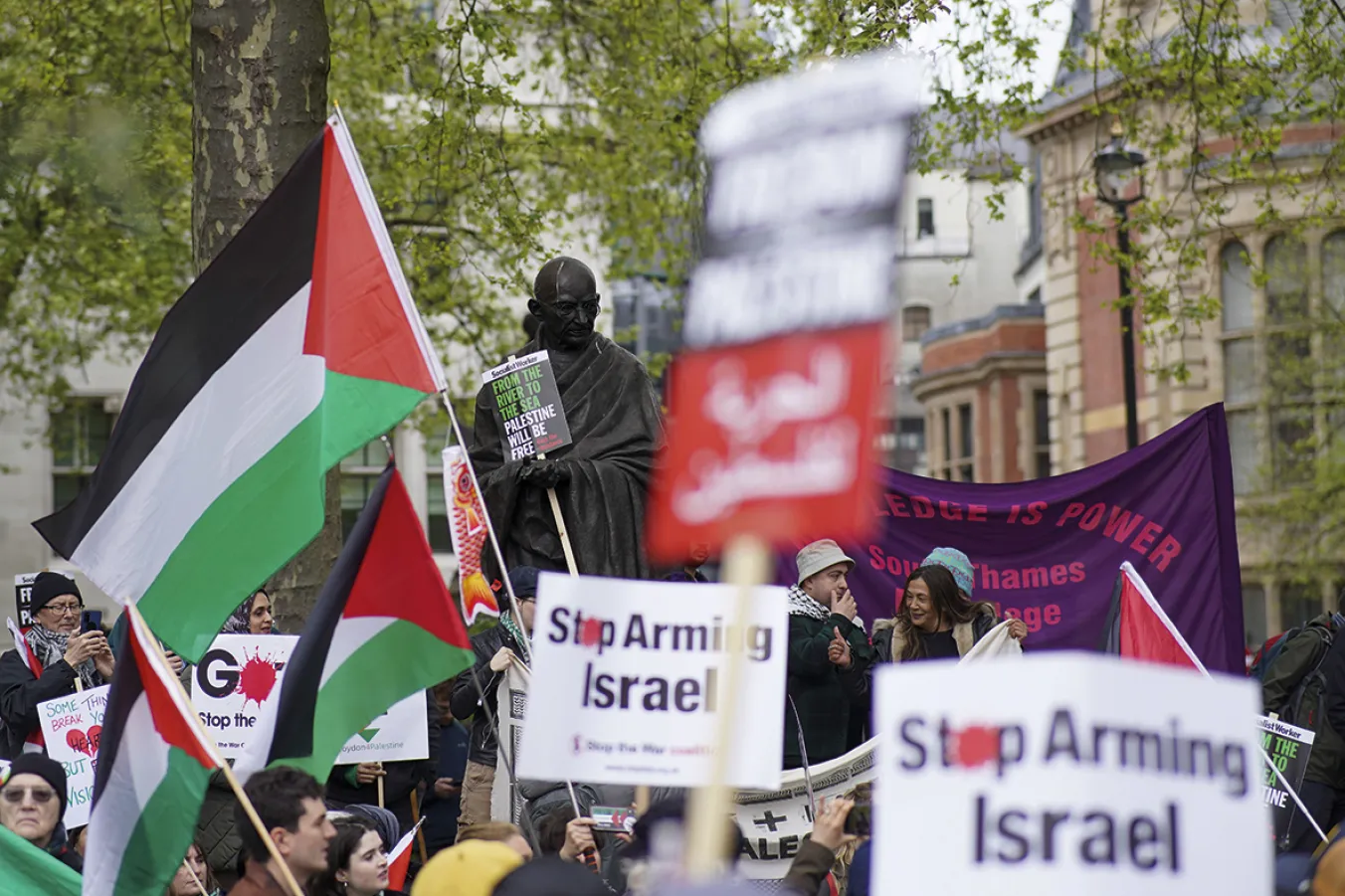
Unison has consistently opposed the apartheid system in occupied Palestine, and is now leading the call to end the British state’s military support for Israel as the massacre in Gaza continues, writes MICAELA TRACEY-RAMOS
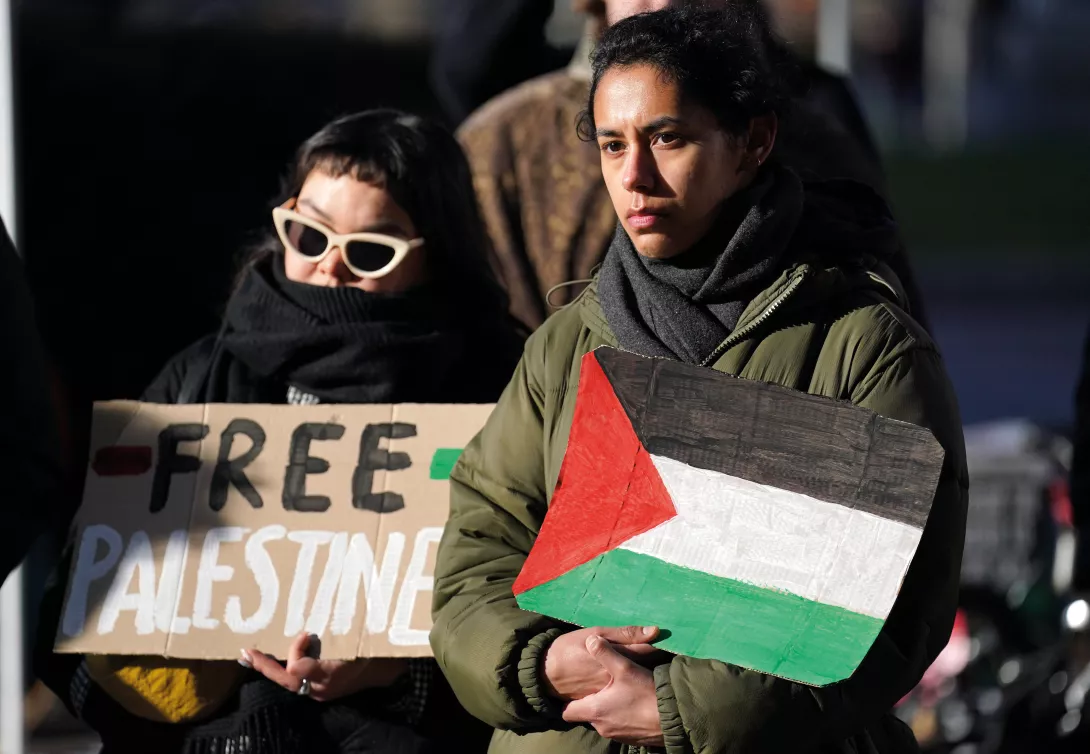
For the sake of our futures, trade unionists must make the link between austerity at home and never-ending war abroad, writes MICAELA TRACEY-RAMOS
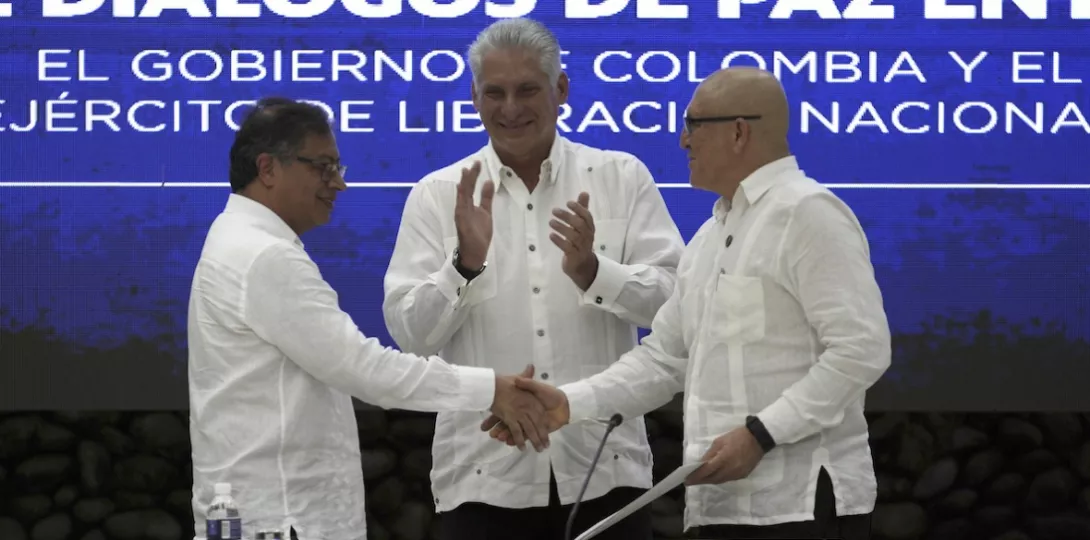
This month the socialist Caribbean island brokered peace between ELN rebels and the Colombian government — so why does the US still call Cuba a ‘sponsor of terrorism,’ asks MICAELA TRACY-RAMOS
Similar stories
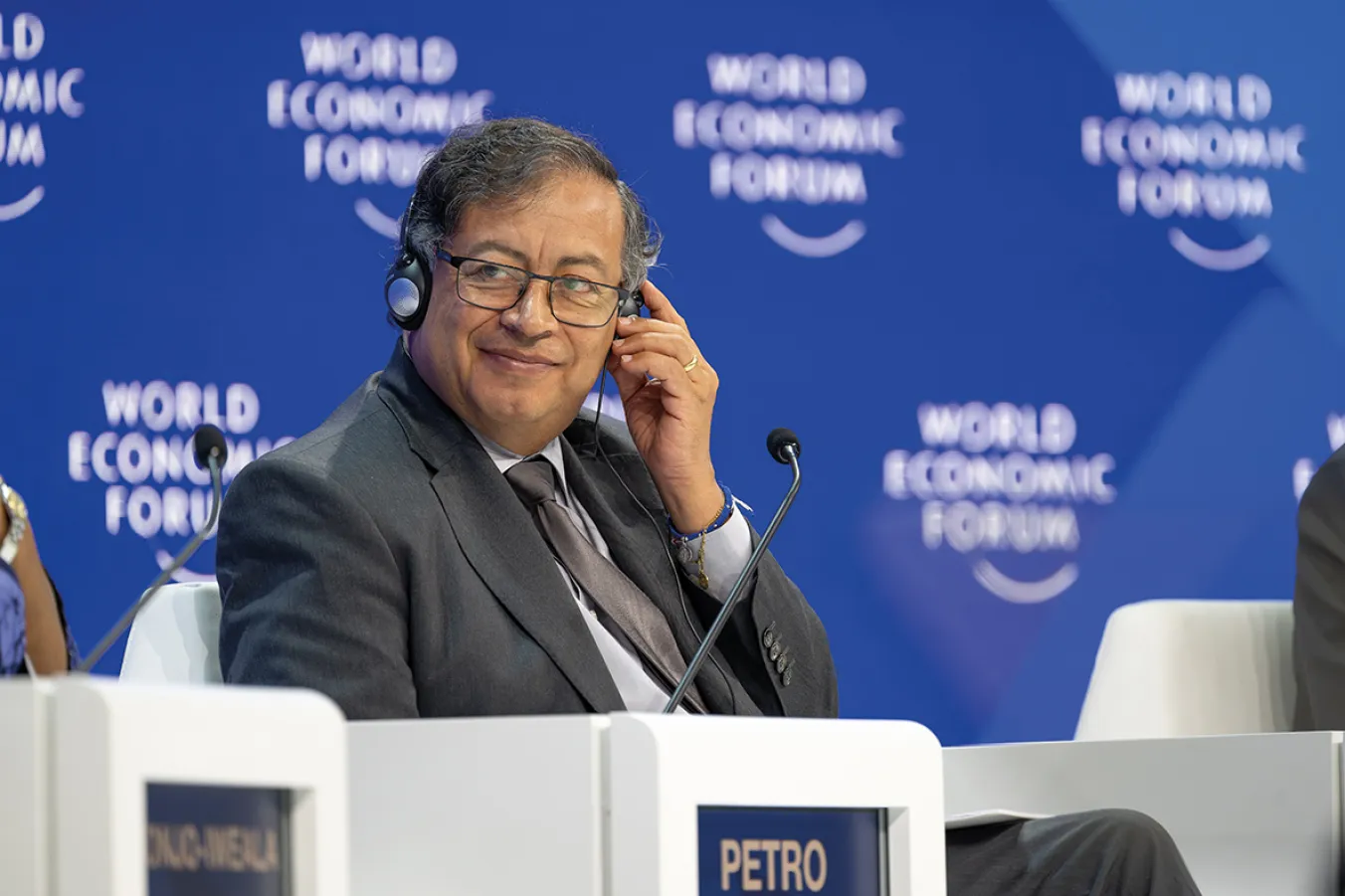
Progressive Latin American governments face heightened pressure and threats after taking strong stances on Gaza, writes JOHN PERRY, the latest wave of nefarious Israeli interference in the continent
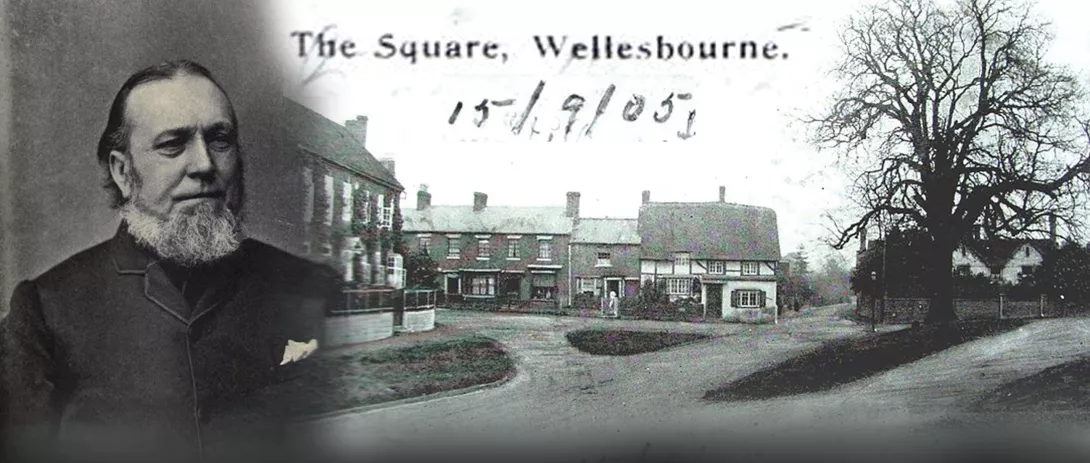
Nick Matthews interviews JAMES CROSSLEY on the enduring legacy of Joseph Arch and the need for a progressive patriotism to counter far-right narratives, exploring how historical figures are rediscovered and redeployed
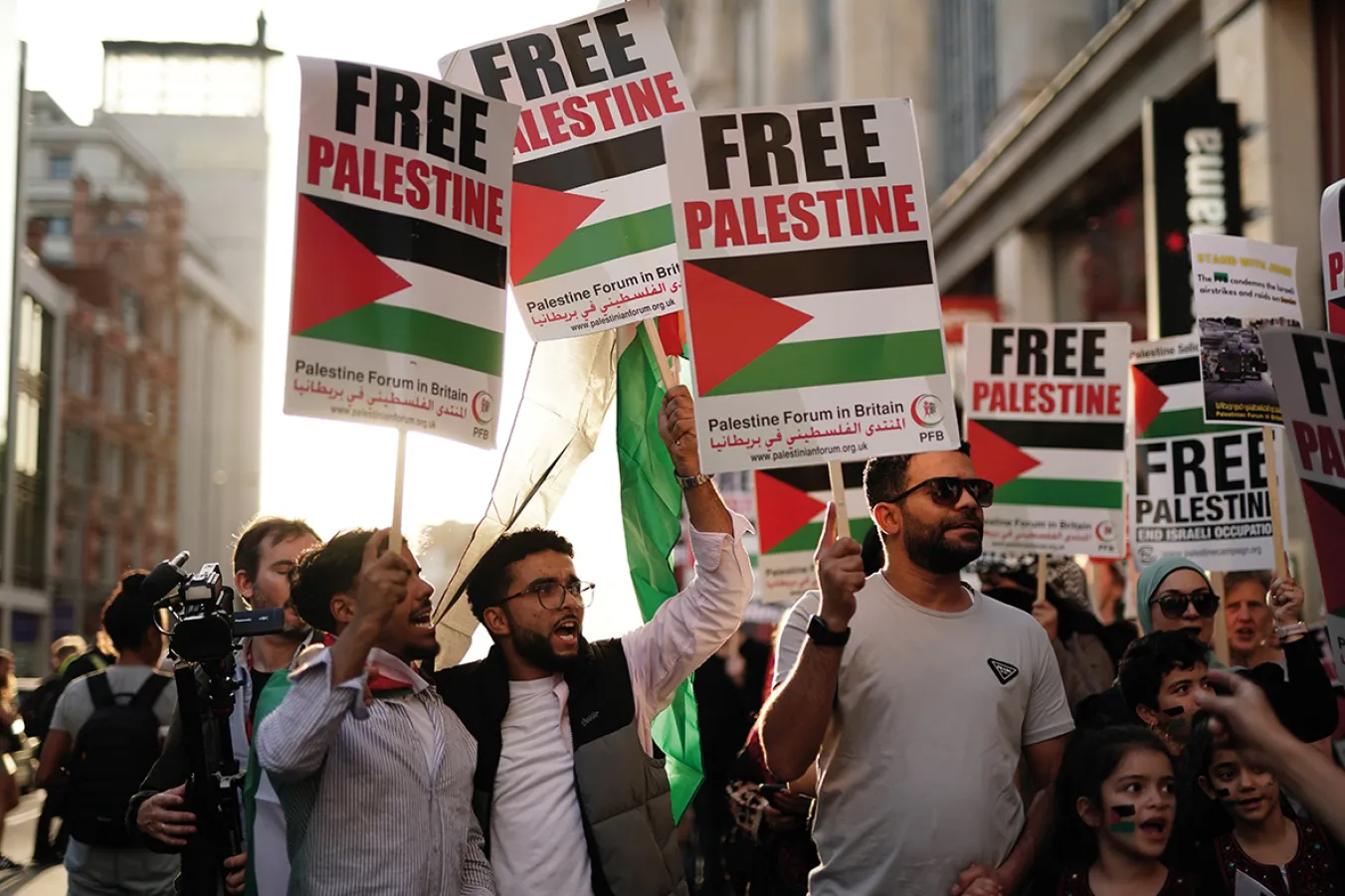
Women’s organiser CAROL STAVRIS delivered the main political report to last weekend’s Communist Party executive committee
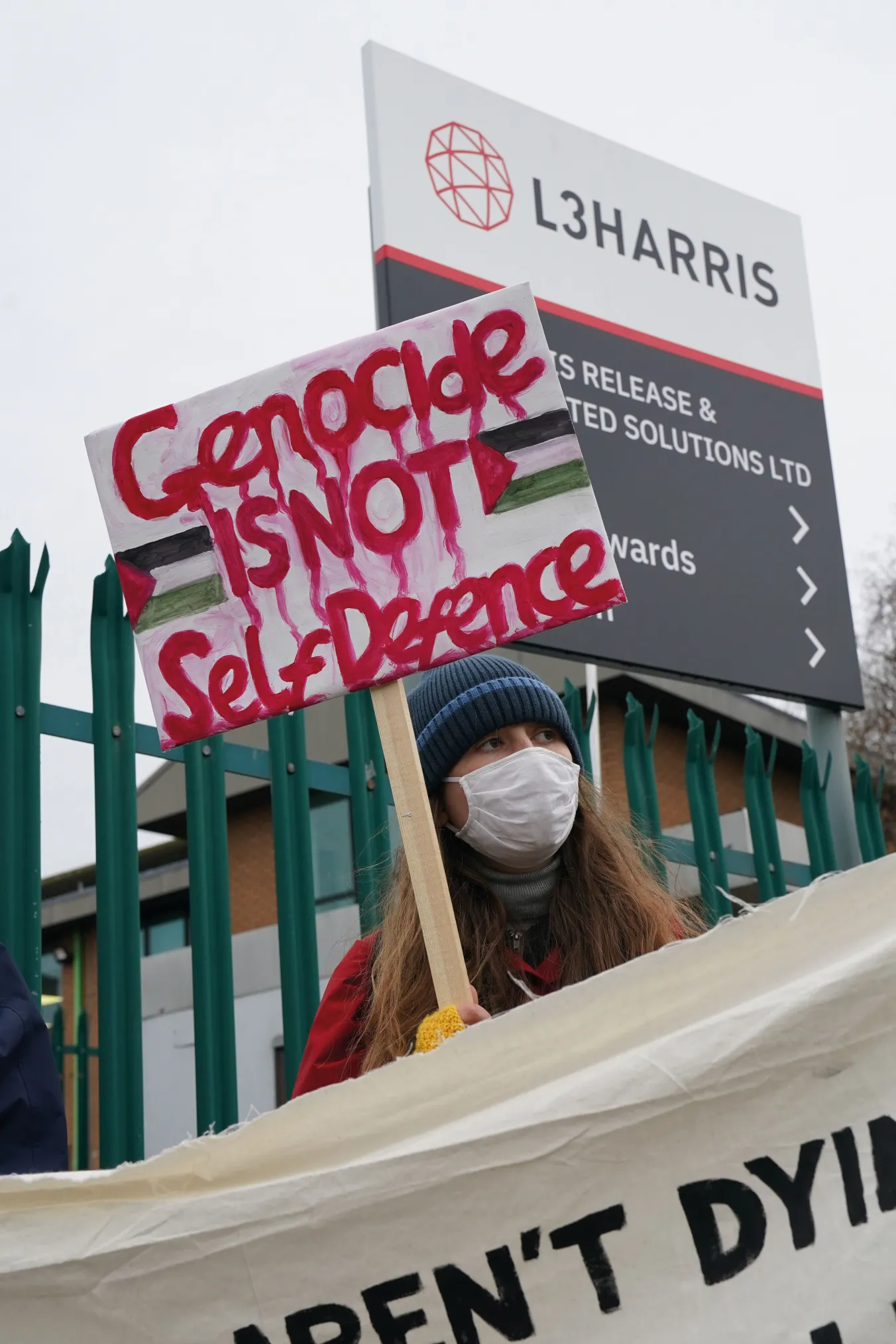
We must not turn a blind eye to Britain's complicity in the suffering of the Palestinian people through its billion-pound weapons deals with some of the most oppressive governments in the world, writes CLAUDIA WEBBE MP









